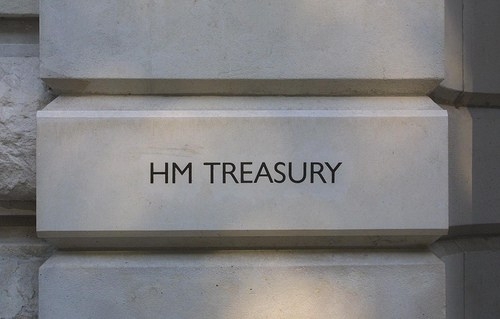A secondary annuity market risks being “imbalanced and overly expensive”, a leading pensions body has told the Government.
Plans to allow the re-selling of existing annuity contracts were confirmed as part of the Budget earlier this year.
The move has been described as an extension of the new freedoms.
The policy has attracted some fierce criticism and today, The National Association of Pension Funds has outlined its own concerns in response to HM Treasury’s consultation on the plans.
The NAPF, which has 400 members from businesses supporting the pensions sector, fears that the creation of such a market may be so expensive as to greatly reduce the value available to most annuitants.
Among the problems it identified were that the number of people with an annuity today is uncertain and likely to be time-limited.
The reforms have reduced the market in annuities, so the only likely source of sellers for this market will be people who already have an annuity, it said.
{desktop}{/desktop}{mobile}{/mobile}
The NAPF believes buyers will be wary of adverse selection and will compensate accordingly, either through pricing ‘short longevity’ into all contracts or through individually underwriting each transaction, both of which will increase costs.
Officials said: “Either way, the value available to all, or some, sellers will be reduced.”
Many sellers will need protection in the form of independent advice – coming at a significant cost, which would reduce the value of the transaction to the seller – the NAPF also pointed out.
Graham Vidler, director of external affairs, NAPF, said: “The idea of creating a secondary market in annuities has obvious appeal – but what’s far less obvious is how to create this market in any comprehensive way, without it being imbalanced or overly expensive.
“The Government has a knotty problem to unpick if it wishes to create the full market it originally set out for savers and ensure it consistently provides value for money.
“That said, we can see pockets of value for both seller and buyer – especially in the smaller annuity section of the market. We encourage the Government to explore this area more fully and work with the industry and the regulator to develop a market that is fair and robust.”
Among the critics earlier this year was Andrew Tully, pensions technical director at MGM Advantage.
He said: "This idea is full of pitfalls and is a potential minefield. There are significant risks and two wrongs won't make a right. Being sold a poor value annuity and then being offered a poor value cash lump sum, which is taxable, will not address the issue of an inappropriate original sale.”

